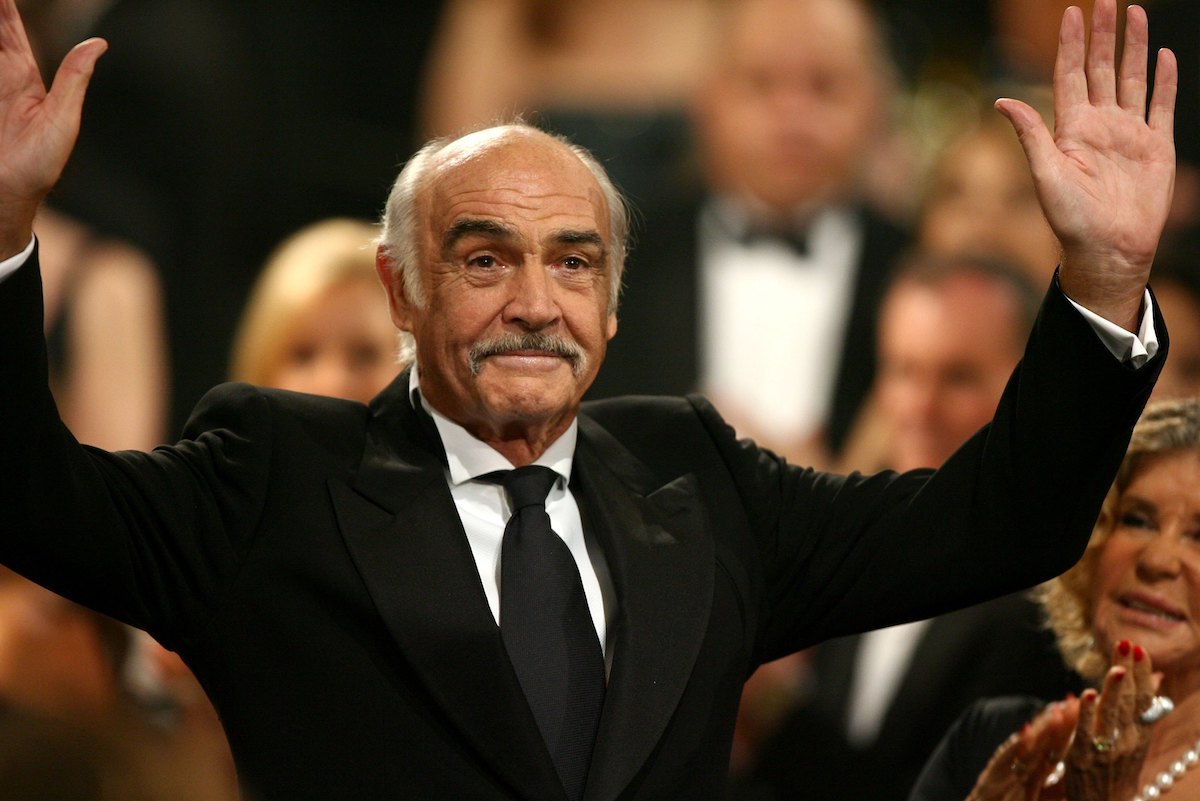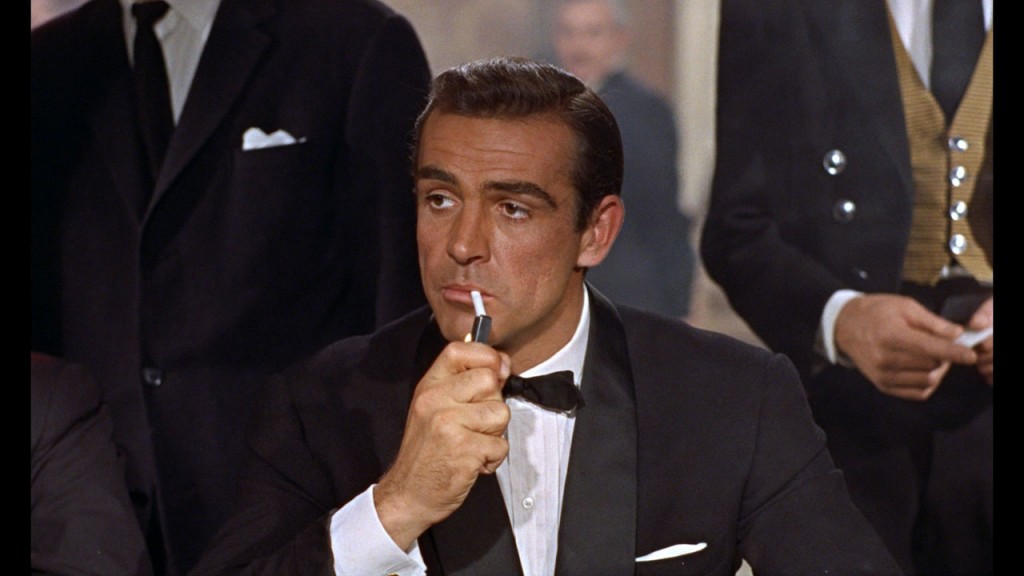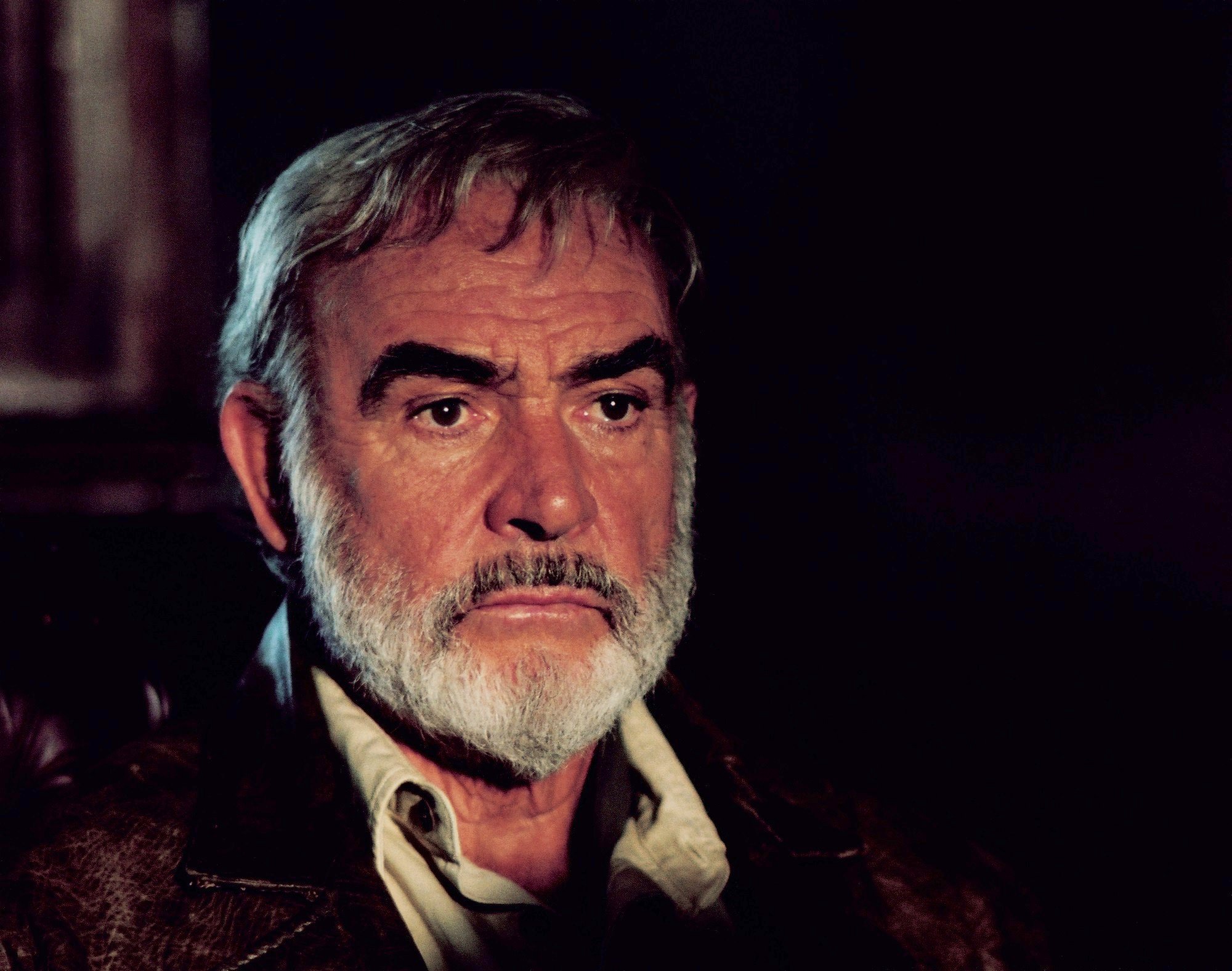Sean Connery Hated His Last Movie So Much He Retired From Acting: ‘I’m Fed Up With the Idiots’
The world is mourning the loss of legendary Scottish actor Sean Connery. Over the course of five decades, Connery appeared in over 60 films and played a wide array of roles. But to many people, he will always be the original James Bond.

Sean Connery regretted playing James Bond
Sean Connery rose to fame as the first person to play special agent James Bond on-screen. He made his debut in 1962’s Dr. No, and played him in subsequent classic Bond films such as Goldfinger, Thunderball, Diamonds Are Forever, and From Russia With Love.
Connery eventually grew bored of Bond’s character development after the 1967 film You Only Live Twice, though he later reprised his role in 1971’s Diamonds Are Forever and 1983’s Never Say Never Again.
What frustrated Connery even more was that even after appearing in dozens of movies in the years after playing Bond, he was always associated with the character. According to The Guardian, he donated his pay from Diamonds Are Forever and parted ways with the series. “I have always hated that damned James Bond,” he said. “I’d like to kill him.”

Sean Connery was sick of Hollywood later in his career
Connery had a career renaissance in the 1980s and ’90s and even took home a Best Supporting Actor Oscar for his role in The Untouchables. But by the early 2000s, Connery was growing sick of the film industry and the people who were running it.
He famously turned down the offer to play Gandalf in The Lords of the Rings trilogy, which would have reportedly earned him over $350 million. “I never understood it,” he said, according to The Telegraph. “I read the book. I read the script. I saw the movie. I still don’t understand it.”
He took on a similar-yet-different role to Gandalf in the 2003 movie The League of Extraordinary Gentlemen, which Connery felt was a failure. He famously butted heads with director Stephen Norrington, whom he felt was too inexperienced, and later called him a “lunatic.” “On the first day I realized he was insane,” he said when marketing the movie.
It ended up being the last movie he ever made. Even Steven Spielberg couldn’t get him to come out of retirement to join Indiana Jones and the Kingdom of the Crystal Skull in 2008.
“I’m fed up with the idiots,” the Scottish actor told The New Zealand Herald in 2005. Connery was tired of “the ever-widening gap between people who know how to make movies and the people who greenlight the movies,” and confirmed his retirement from acting the following year.

Sean Connery had some harsh words for another James Bond actor
Clearly Connery was never one to mince words. After he departed the James Bond series, he also had some choice words for another actor who took on the iconic role.
Roger Moore took on the role of James Bond after Connery’s appearance in Diamonds Are Forever, and appeared in Bond films such as Live and Let Die, Moonraker, and Octopussy. But his predecessor didn’t have the kindest things to say about his portrayal.
“I played Bond with the reality, credibility, and hopefully still encompassing stance and effect and what have you, and out of it some indigenous humor. And anything that happens is possible. I feel that Roger — which I think he may have inherited in part from after Diamonds Are Forever, where they were already getting into that area of too much hardware — that that was more important,” Connery said according to The Independent.
“His is a sort of parody of the character, as it were, so you would go for the laugh or the humor at whatever the cost of the credibility or the reality,” he added. “I think that’s basically the difference. I think he took another direction with it that way and acquired an entirely different audience.”
[An earlier version incorrectly stated Connery won the Best Supporting Actor Oscar for Indiana Jones and the Last Crusade, not The Untouchables.]


